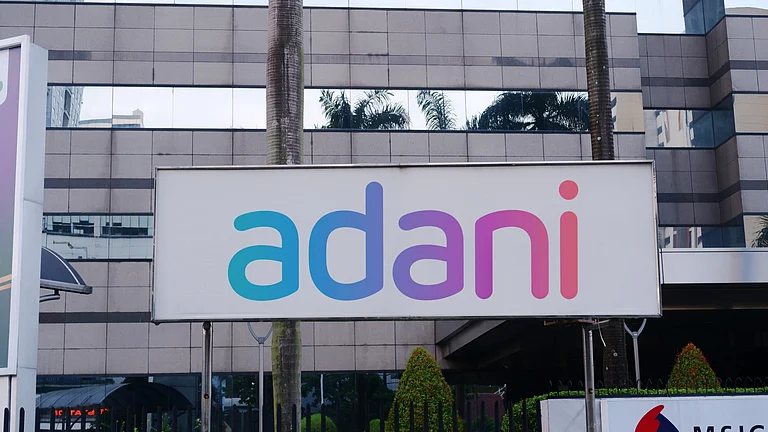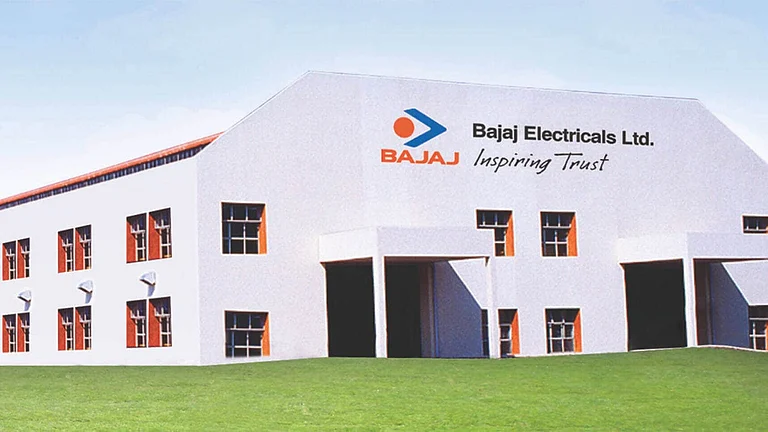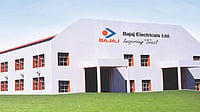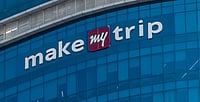India's busiest ports at Kandla in Gujarat and Mumbai are further clogged with LPG import vessels as the state-owned oil companies refuse to go beyond a small list of ports that have been designated by the government to give freight subsidies for bringing in the cooking fuel from overseas, sources said.
Under the PDS Kerosene and Domestic LPG Subsidy Scheme of 2002, the government has categorized ports at Kandla, Mumbai, JNPT, Jamnagar, Hazira, Mangalore, Kochi, Chennai, Haldia, and Vizag as 'Designated Ports' for giving ocean freight subsidy. This means that state-owned oil marketing companies get reimbursed for freight for any cooking gas LPG imports done by these ports.
This subsidy is not available for imports done at other ports and so there is a clamor to get the ships only at these ports, four industry sources with direct knowledge of the matter said.
This has led to the piling up of LPG vessels at these handfuls of ports and a higher turnaround time.
The sources said this facility of claiming reimbursement of the freight is not available on LPG imported in the same vessel at other ports such as Mundra, Dahej, Pipavav, Porbandar, Tuticorin, or Paradip.
To avoid incurring the higher cost of import, OMCs are importing unusually high numbers at such designated ports at the cost of efficient operations, thereby increasing the overall cost of LPG import, they added.
The oil industry and the petroleum ministry have made a case for expanding the list of designated ports, but the finance ministry shot down the proposal.
The finance ministry instead wants the entire subsidy scheme to be scrapped as it has lasted way beyond its designated period.
On April 26, 2021, the ministry wrote to the petroleum ministry, saying "the inability of the OMCs to utilise relatively free port and terminal infrastructure of non-designated ports is not justified".
"The dependency of the OMCs on the reimbursement of the ocean freight at more ports under the subsidy scheme should be phased out as the LPG subsidy scheme has become targeted now and, therefore, limited to a segment of consumers only," it had said, adding the Rs 1.15 per cylinder freight subsidy should be completely removed as this will ensure level playing field to all the ports.
It went on to state that this cost may be borne by OMCs.
The sources said a detailed analysis of the imports would show that the imports are not evenly distributed among the different ports, especially on the west coast. There are certain ports like Kandla, Jawaharlal Nehru Port Trust (near Mumbai), Mumbai port and Mangalore where multiple turnarounds a month are observed, and the resultant piling up of vessels.
In contrast, few other locations in the same region, where ocean freight reimbursement is not available at all, have sporadic imports over the year.
This action on the part of oil marketing companies (OMCs) to focus on designated ports just for getting the ocean freight subsidy results in the idling of vessels at such ports and reducing the turnaround of vessels. Idling and reduction in the turnaround of vessels eventually increase the per tonne cost of landed LPG.
This creates inefficiency in the system, they said, adding the cost of LPG imports can be reduced by vessels being moved to Mundra Port for early release, instead of 2-3 vessels waiting at Kandla.
Similarly, instead of moving the product north from JNPT via rail loading, it is much cheaper to move the product from Pipavav rail loading.
The sources said OMCs only go for term charter vessels where a separate accounting of demurrage is not done. The waiting and idle time fall at the designated ports are computed under freight only.
This is because if demurrage incurred on account of waiting and idle time is shown as a different line item (usually applicable for spot charter or CFR deliveries), the OMCs do not receive this reimbursement.
In addition to this, the discount received by OMCs from suppliers on FOB products is not shown as this may affect the freight subsidy they receive.
"LPG import in the country has increased from 865 TMT (thousand metric tonnes) in 2002-03 to almost 16,000 TMT in 2020-21, which is more than 18 times LPG import growth. Whereas new ports have not been added under designated ports list since the declaration of the subsidy scheme," an industry representation to the oil ministry said.
It said since designated ports' capacity is fully saturated and all designated port terminals are operating at overstretched capacity, OMCs are left with no other option but to utilise non-designated ports for meeting the domestic demand. The industry has imported approximately 16.5 million tonnes of LPG in 2020-21 and handled about 2 MMT at non-designated ports".
State-owned Indian Oil Corporation (IOC), Bharat Petroleum Corporation Ltd (BPCL) and Hindustan Petroleum Corporation Ltd (HPCL) have been disallowed Rs 826.23 crore of ocean freight claims at non-designated ports from 20016-17 to 2020-21, it added.































